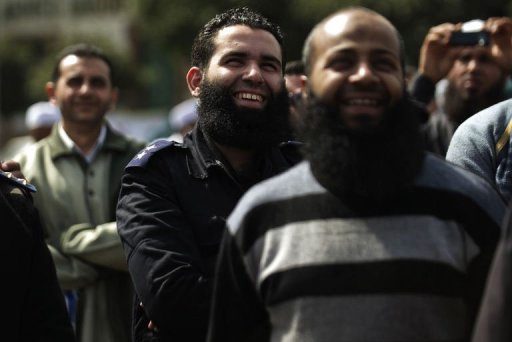Egypt’s Ministry of Water Resources and Irrigation denied on Wednesday withdrawing its timeline proposal for filling the Grand Ethiopian Renaissance Dam’s (GERD) reservoir.
The ministry said Egypt is still holding its ground on its stance in the ongoing negotiations over the matter. Egypt wants a minimum of 40bn cubic metres of Nile water flows into the country per annum, which would require Ethiopia to fill the dam’s reservoirs at a slower pace than it wants.
On Tuesday, media reports quoted Ethiopian Irrigation Minister Seleshi Bekele saying that Egypt had dropped its requirement and agreed to decline its water share to 35bn cubic metres.
Egypt and Ethiopia failed to reach an agreement so far on the volume of water to be released during drought times because Egypt needs 40bn cubic metres of Nile water to reach its territory, while Ethiopia proposed to release up to 35bn cubic metres.
The statements come a few days after the irrigation ministers of the three countries met in Khartoum to resume negotiations on the GERD. This meeting was the third of four meetings to discuss the GERD which were agreed upon during a mediation meeting in Washington, DC on 6 November.
Commenting on the outcomes of Khartoum’s meeting, Sudanese Minister of Irrigation Yasser Abbas previously confirmed that there is a great convergence between the countries regarding filling and operating the GERD, while the Ethiopian counterpart said the latest negotiations between Ethiopia, Egypt, and Sudan in Khartoum were fruitful as the three countries also agreed on the dam’s filling period which is set to be between four and seven years.
Moreover, Egypt said in a statement that it will continue negotiations until reaching an agreement that serves the interests of the three countries, without providing any other information on the meeting.
The three sides are set to continue talks in Addis Ababa on 9-10 January, ahead of two decisive meetings in the same week in Washington, DC.
The foreign ministers of Egypt, Ethiopia, and Sudan are converging on 13 January to discuss the dispute in a second follow-up after the 9 December meeting.


